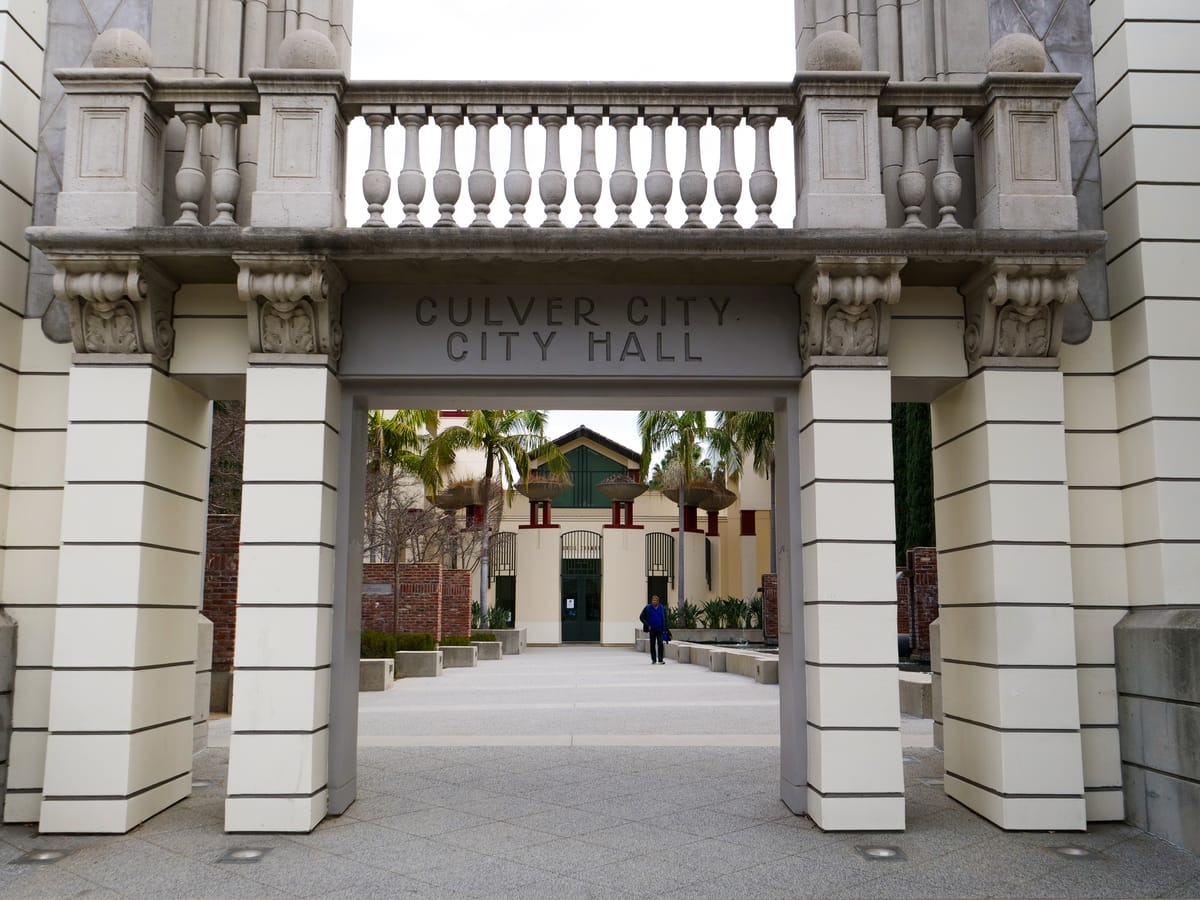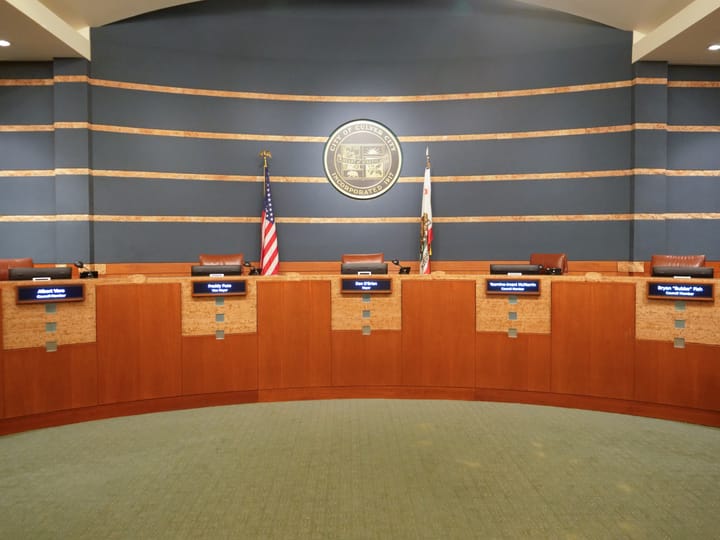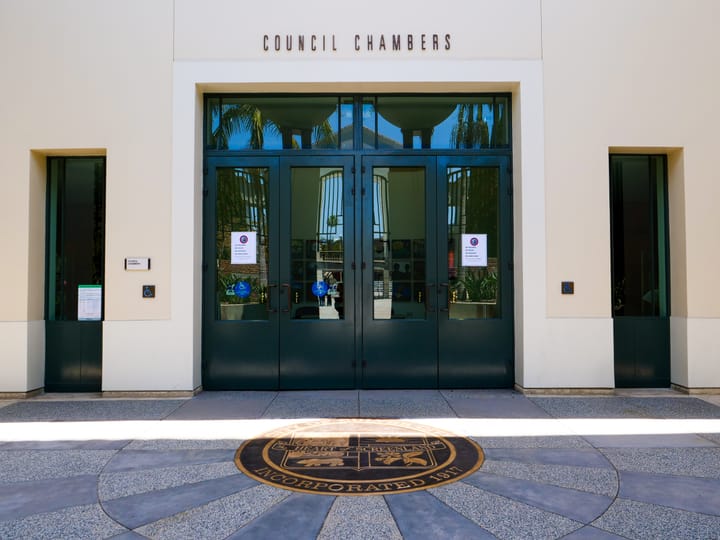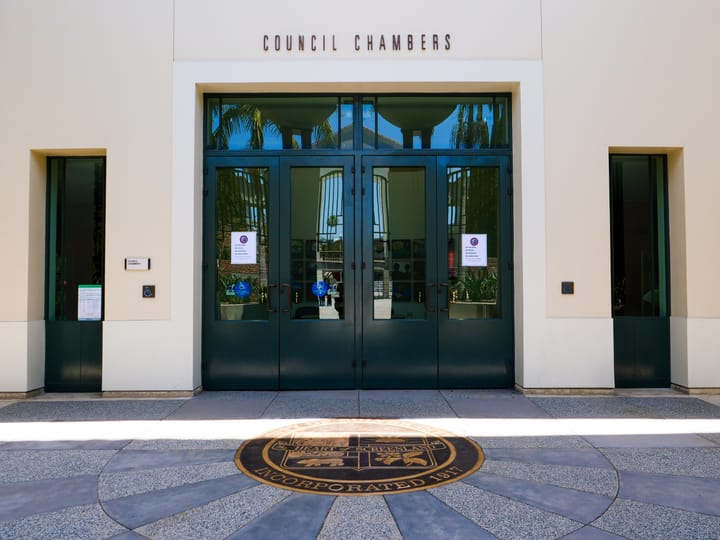Dear Culver City: The Truth About Jubilo Village and the Budget
EDITOR'S NOTE: This piece and others in the "Dear Culver City" series are editorial pieces submitted by sources unaffiliated with Culver Crescent.

EDITOR'S NOTE: This piece and others in the "Dear Culver City" series are editorial pieces submitted by sources unaffiliated with Culver Crescent. The sentiments expressed in these articles do not represent or confirm the stance or opinions of Culver Crescent or any of its writers.
by Nancy Barba
Some in the Culver City community characterize City Council's vote to fund Jubilo Village as a reckless "giveaway" that threatens Culver City's financial future. That framing is not only misleading — it obscures the facts and undercuts the kind of smart, justice-oriented governance Culver City needs.
Let's start with the facts.
Jubilo Village will have 93 units of deed-restricted affordable homes. It is not draining emergency reserves. Of the $20 million identified for the project, a significant portion comes from legally restricted funds that must be spent on affordable housing. For fiscal year 2025-26, these include:
- $6 million from the Low-Moderate Income Housing Asset Fund,
- $1.56 million from the Affordable Housing Linkage Fee Fund (funded by commercial development fees),
- Only $442,290 from the General Fund.
Jubilo Village is a public investment in affordable housing — not a "private giveaway." In fact, it addresses one of the most pressing needs in our community: stable, affordable homes for families, seniors, and working-class residents who are increasingly being priced out of Culver City. Housing insecurity is not abstract — it's what displaces long-time neighbors, disrupts families, and erodes the social fabric of our city.
The assertion that there will be "no priority given to community members" is both premature and disingenuous. The City has discretion to structure future occupancy policies in alignment with fair housing laws — and it can prioritize people who live or work in Culver City through legally allowable frameworks.
As for the cost: yes, building housing in Southern California — especially housing that includes environmental design and supportive services — is expensive.
But the cost of inaction is far greater.
When cities don't invest in affordable housing, we all pay. We pay for it in homelessness, in emergency room visits, in policing, in lost workers, and in increased traffic from commuters who cannot afford to live where they work.
Now, let's talk about the budget consultant. This isn't about waste. It's about democracy. For years, advocates have called for participatory budgeting — a process that allows community members to have a real voice in how their tax dollars are spent. The $250,000 set aside would help establish just that: a process rooted in transparency, equity, and public input. It's a small investment in giving people power over the decisions that affect their lives.
The piece by Jeannine Wisnosky Stehlin published Tuesday omits crucial context: Culver City is facing a structural deficit — a chronic imbalance between revenues and expenditures that dates back at least to 2010. This isn't new, and it isn't caused by Jubilo Village.
In fact, in 2010 the City Council voted unanimously to pull $340,000 from reserves to fund legal services. Reserves have always served multiple functions — they are a tool for financial management, not a vault to be sealed off from the public good.
Even with these investments, the City's reserves will remain at 21% of annual operating expenses (taking into account the additional $5 million from the real estate transfer tax), well above the 16.7% minimum recommended by the Government Finance Officers Association. Most peer cities aim for 15%–25%. In other words, we are within the safety range and are still delivering on critical projects our community needs.
Finally, we should be honest about what kind of leadership we want. Do we retreat into austerity and hoard public wealth? Or do we invest in housing, fairness, and transparency, especially for the people too often left behind?
We need leadership that understands that fiscal responsibility and social responsibility are not opposites. We can protect our financial stability and make meaningful investments in affordable housing and democratic participation. That's not reckless. That's what good governance looks like.




Comments ()